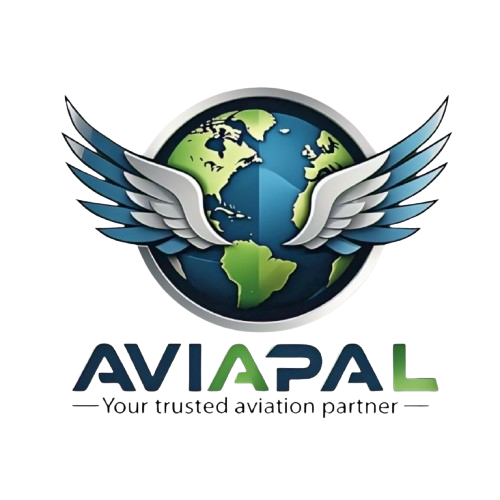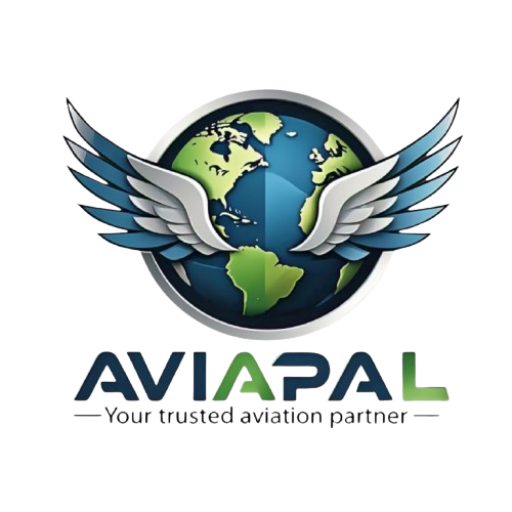Occupational Health
The management of occupational health in the oil and gas industry is essential to protect workers from the risks associated with hazardous environments, such as exposure to toxic chemicals, noise, and extreme temperatures. Compliance with international standards, like ISO 45001, ensures that the industry adopts best practices for identifying, managing, and mitigating health risks in the workplace. Regular health assessments, including pre-employment medical checks and ongoing monitoring, are critical for early detection of work-related health issues, such as respiratory problems or hearing loss. Implementing appropriate safety measures, such as personal protective equipment (PPE) and safe working conditions, helps reduce the likelihood of accidents and chronic health conditions. Workers must be trained on proper safety protocols, including emergency response actions, to ensure a rapid and effective reaction to potential health threats. Adherence to international standards also minimizes the risk of legal consequences and enhances the company’s reputation as a responsible employer. Overall, effective occupational health management ensures a safer work environment, reduces downtime, and supports the long-term sustainability of oil and gas operations.
Collaborative Approach with Key Authorities
To effectively address aviation accidents, emergency response, and search and rescue operations, it’s essential for all stakeholders to work together seamlessly. AviaPal Consultancy, in collaboration with the Civil Aviation Authority, the Ministry of Works and Transport, and other relevant institutions, ensures the development and implementation of coordinated systems that help operators prepare for and respond to emergencies.
Joint Training and Drills
AviaPal Consultancy organizes joint training sessions, exercises, and mock drills involving multiple stakeholders. These drills simulate real-life scenarios, ensuring a swift and efficient response in actual emergencies.
Development of Regulatory Frameworks
In collaboration with regulatory authorities, we help create and implement aviation regulations that support effective accident investigations, emergency response, and SAR operations.
Operational Guidance for Aviation Operators
We provide tailored consultancy services to aviation operators, guiding them in the implementation of effective ERP systems, accident investigation protocols, and SAR operations. Our goal is to make sure organizations are always prepared for any crisis, and that they comply with national and international regulations.
Ongoing Support and Crisis Management
After an incident, AviaPal Consultancy offers ongoing support to operators and regulatory bodies, providing post-crisis management services and strategies to prevent future occurrences.
Global Expertise, Local Solutions
With decades of combined experience in the aviation sector, our team brings together global best practices and regional insights to ensure that emergency response systems are not only effective but also aligned with local resources and regulatory frameworks. Whether you’re an operator, regulatory body, or government agency, we provide the knowledge, tools, and training needed to build a robust, responsive aviation system.

